It’s been a good year for descendants of Overwatch. The hero shooter continues to evolve in interesting ways, branching off in unpredictable directions as each new contender tries to carve out its own niche.
The latest slice of that genre pie is Rocket Arena, an EA Original with a similarly colorful art style, but little else in common with Blizzard’s behemoth.
Ultimately, that distance only benefits Rocket Arena, which manages to quite proudly stand on its own as an effervescent and explosive hero shooter families can comfortably play together.
Rocket Arena Review: A Hero for Every Age
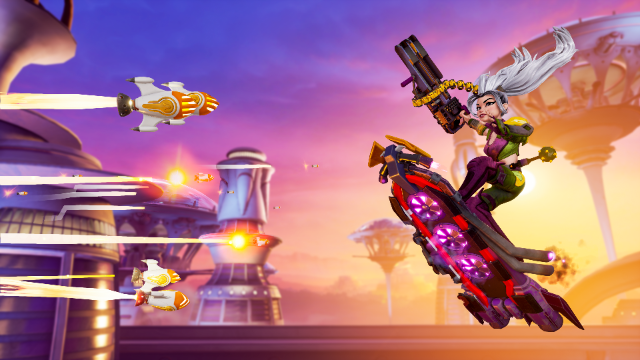
Every player in every round of this 3v3 third-person hero shooter is equipped with rockets. That may sound game-breaking right off the bat, but this distinction is ultimately more of a cosmetic choice. Each of the game’s 10 colorful launch characters utilizes these rockets in different ways. Plink fires his burst style for minor damage per round but with a high DPS for the most accurate rocketeers, and Amphora charges her rocket shots to hit opponents like a crashing wave.
These ubiquitous rockets are thus more like different classes of more conventional weapons, just with more explosive effect when they hit.
This Oprah-esque approach to gifting every competitor with rockets reveals the game’s Looney Tunes-like commitment to explosions, which quickly gives Rocket Arena its own unique aesthetic. In terms of sights and sounds, it perfectly captures the family-friendlier approach it’s going for. Matched by the vibrant cartoonish style — admittedly, a popular trend right now — and it’s not long before the new IP stands out from a growing field of contenders in the genre.
Maps are built to accommodate the smaller teams. They can often feel quite crowded horizontally, but Rocket Arena isn’t built solely for the X-axis. Every hero can triple-jump, and the addition of staying afloat with rocket-jumping means you can go a minute or more without touching the ground if you’re really skilled. As most rounds play out in under seven minutes, that’s an incredibly large chunk of a match to hop and float around, but it’s exactly how Rocket Arena wants to be played, and it’s better for it.
Accuracy is then a high-maintenance aspect of the game. At times, it can feel pretty hard to hit your shots as everyone is flailing about, jumping off walls, gliding over the map, and hitting jump and boost ramps for added flair, but aided by each character’s other abilities, the combat is able to be mastered after some hours with each character.
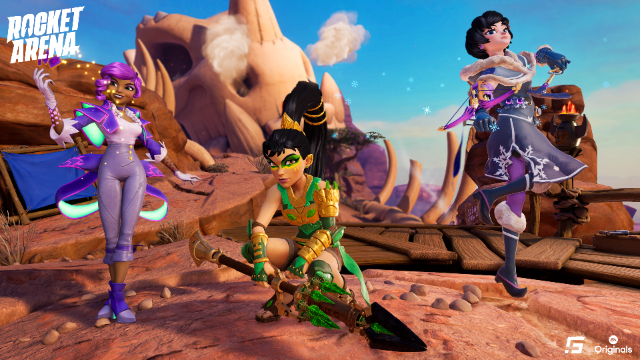
Their unique abilities are ultimately what set the roster of heroes apart from one another. While no two heroes look very much alike, they all fit a basic mold of “human with Rachet and Clank-like weapons.” Sure, only one is a little kid, and another is an old man, and the roster is split half and half between men and women, but visually speaking, these characters don’t often have any signature aspects that tell their stories.
Voice lines and cosmetics do a lot of the leg work in this genre, and in that regard, Rocket Arena is lacking compared to others. Some of them, like the adventurer Boone or the pirate Blastbeard, immediately exude their essence when you first see them. Still, others, like the sea-queen Amphora, the magical Mysteen, or the ice princess Kayi, don’t really have any signature looks about them.
Still, none of them are unappealing either. The audiovisual experience as a whole remains a lovely aspect of the game round after round, and once you get to using them, the characters stand apart much better. Even as Amphora’s characterization isn’t obvious at first glance, once you start hurling water mines and grabbing enemies with her Hydro Form, it’s clear she is meant to be an Aphrodite analog.
Music has a sort of 1990s style to it, like something you’d hear in a Sega Saturn game. It’s strangely nostalgic for a new IP, but it seems to be the intent of the composer as it further solidifies the game’s all-ages approach to the hero shooter.
In Rocket Arena, there’s no blood, no swearing, no mention of kills or even the more modern stand-in, “eliminations.” Instead, should your hero’s health get dangerously low, you enter into a sort of last stand mode. You can either survive while waiting for the slow regen to take effect or, if you get hit once more, find yourself “megablasted” out of the arena’s invisible bubble. But there’s no respawn or anything resembling character death.
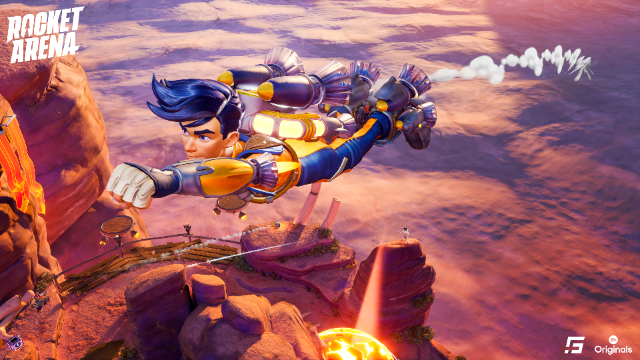
You fly away, your opponent earns a score, and you’re carried back into the action. It’s a somewhat subtle difference, but alongside the cheerful music and cartoonish style, Rocket Arena promises an undeniable charm that will keep it installed on my Xbox long after I’ve written this review.
It still has other issues, though. Most notably, the game’s meta is a bit up in the air right now. With five modes to play (including one PvE mode that serves a bit like a practice mode for the real thing), early adopters are feeling out who their mains may become. For me, it’s the aforementioned Plink and Amphora that I like best, but I’m worried some heroes’ movesets are a bit unbalanced depending on which mode you’re playing.
Blastbeard’s Shockwave is a devastating AoE attack that makes him the MVP of any round of Mega Rocket, the game’s domination-like turf war mode. Rocketball is like rugby and is the game’s best mode, turning Rocket Arena into something much more literally an esport, but Kayi’s grappling hook gives her a pretty big edge.
Even as some hero’s moves are inaccessible while carrying the ball toward a goal, there seems to be a pretty poor imbalance at play. For example, an out of bounds ball resets in the center, meaning once a team gets ahead, they can intentionally play keep-away by sending the ball back to start and run out the clock.
All five game modes, which also include a kill-the-carrier mode called Treasure Hunt and a team deathmatch mode called Knockout, require a lot of teamwork. Because it’s only 3v3, Rocket Arena shares in common one ride-or-die quality with the similarly titled Rocket League; one player can really drag down a team effort. The difference between 3v2 and 4v5 is vast, which means matchmaking has to smartly form teams to ensure the balance is the best it can be. Right now, Rocket Arena needs work in this area.
Thankfully, with ranked and unranked play as well as private lobbies, the line between the game’s serious contenders and the more casual participants should widen over time. With the first season of new content beginning next week and a Blast Pass along for the ride, Rocket Arena has the potential to become some people’s favorite competitive multiplayer game, but only after it irons out some of these wrinkles. They’re to be expected from a new IP and a smaller team, so they’re more forgivable today.
Cosmetics can be bought for real money or earned entirely in-game at a pace I find to be pretty fair. I’ve already unlocked several alternate skins for more than half the roster without spending a cent. This is one way in which Rocket Arena improves on some other games like it. In Fortnite, for example, plenty of cosmetics are real-money-only buys.
It’s yet again a family-friendlier way of doing business with its community, and Final Strike Games deserves credit for implementing this system more fairly than the current status quo dictates it needs to. There are also lots of unlocks to be had for free, earned just by leveling characters from 1-100. This doesn’t just add depth, it does so openly and honestly.
Rocket Arena Review — The Bottom Line
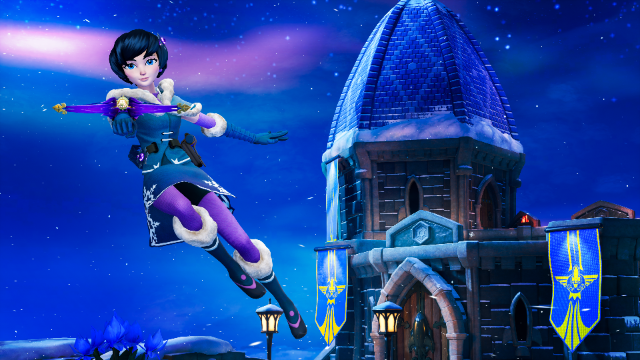
Pros
- A truly family-friendly hero shooter
- Frenetic gameplay with fun heroes to learn
- Audiovisuals are lovely and lighthearted
- Transparent and fair in-game store
Cons
- Matchmaking imbalances
- Characters don’t stick out so much visually
- Game mode imbalances
Heading into Rocket Arena, my biggest question was whether it could stand out from an increasingly crowded field of similar games. On the other side of my review, I’m confident it can.
There are undoubtedly some nerfs and buffs in store for some of the heroes, and matchmaking as a whole needs to deliver more balanced play — or else the community will regularly suffer blowouts. Still, I’ve never seen a hero shooter so ready for players of all ages. That’s an attribute in itself that stands out, and with the explosive energy of each round’s colorful chaos, Rocket Arena is a blast.
[Note: A copy of Rockey Arena was provided by EA for the purpose of this review.]

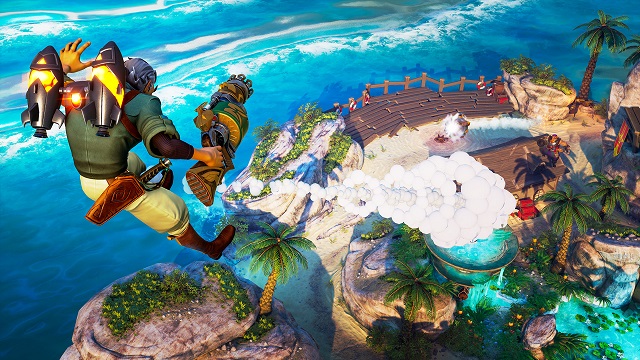





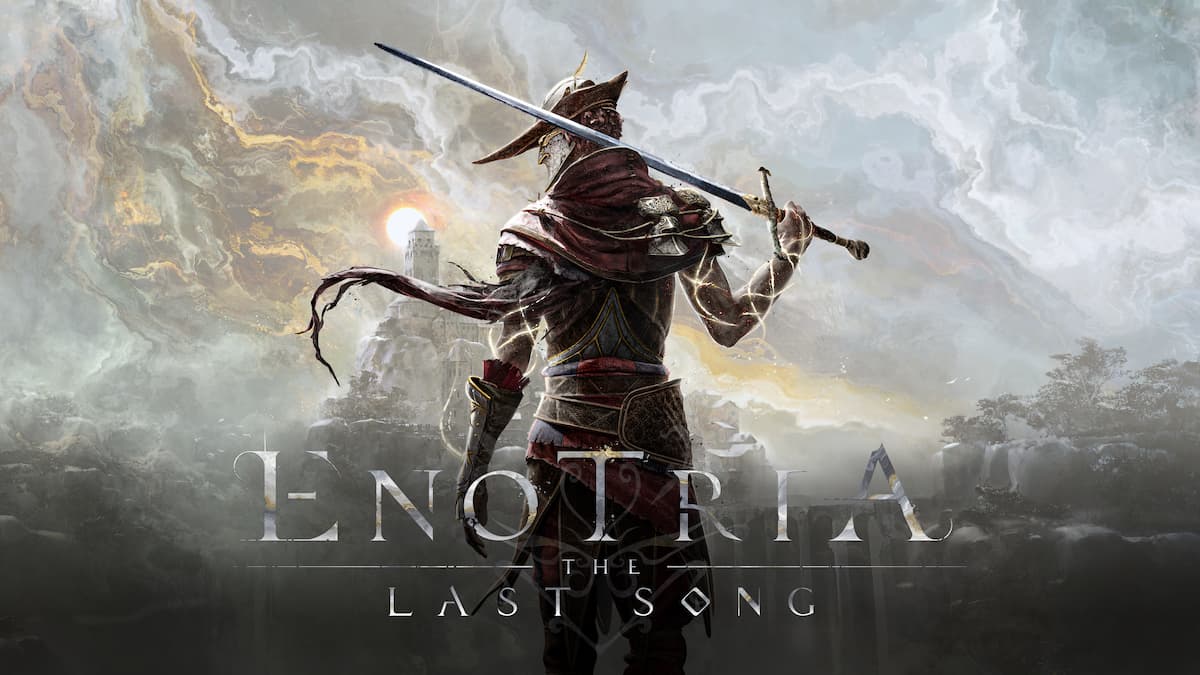
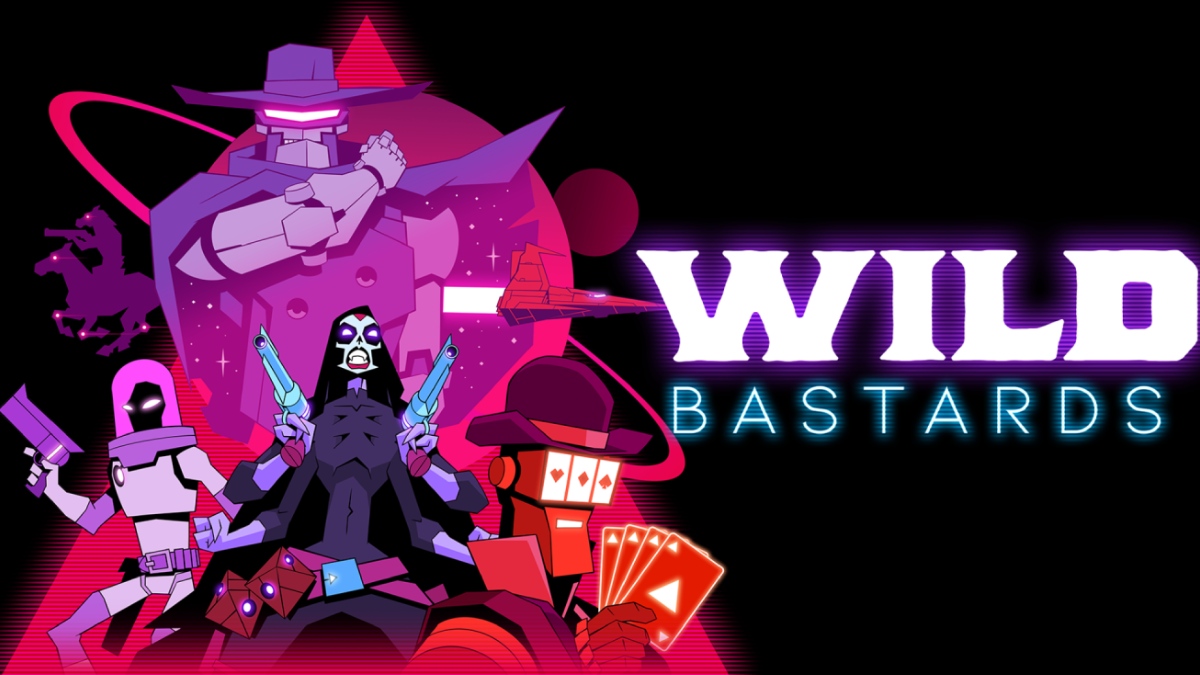
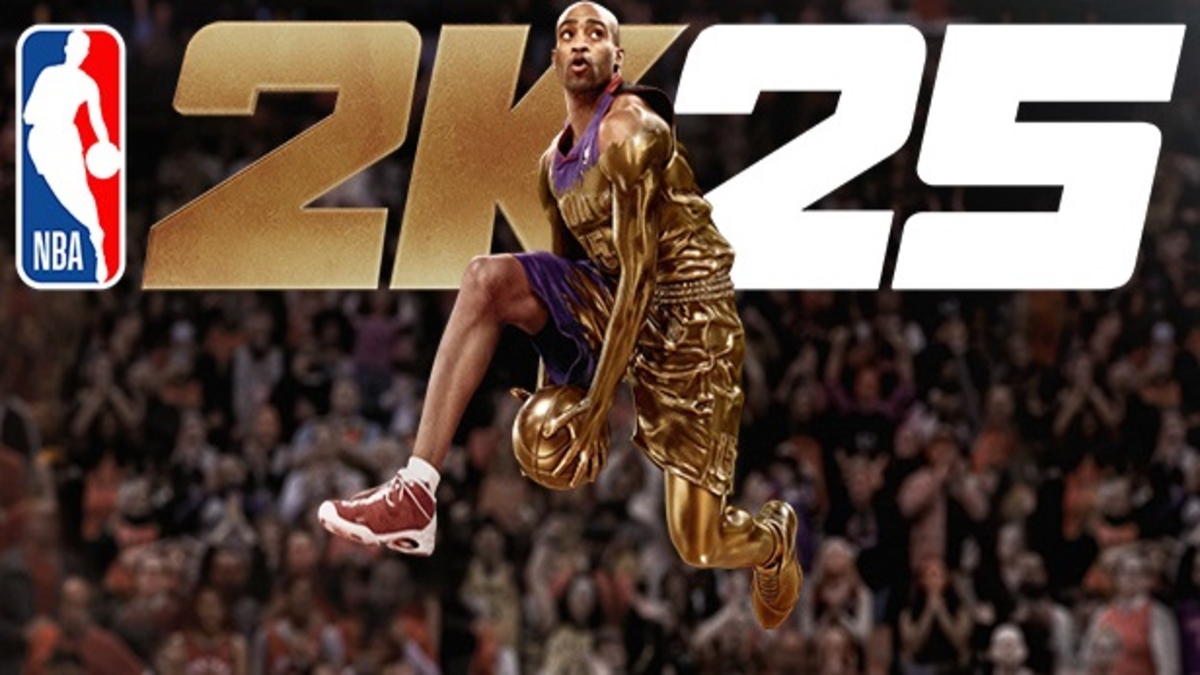
Published: Jul 19, 2020 04:18 pm